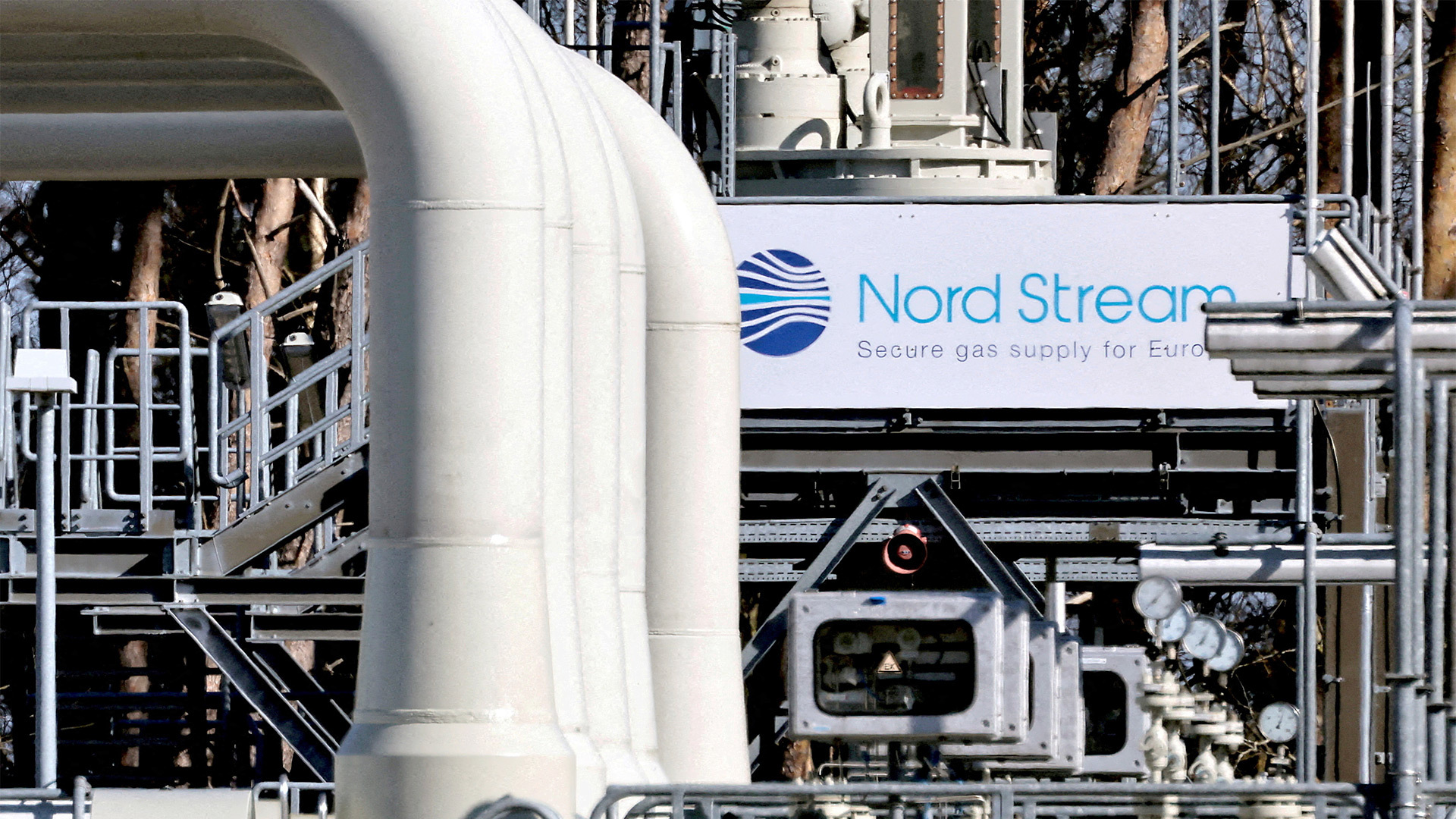Stanislav Bychuk, a professor of political science and international relations at Moscow University, said that Moscow aims to double its pressure on the West - especially European countries - by cutting the supply of the "Nord Stream 1" line to the European Union countries.
In his speech to an episode of "Beyond the News" program (08/2022), he added that what Russia wants is to push the West to ease the sanctions it imposed on it because of the war it launched against Ukraine, and also to return to the negotiating table on this issue.
Russia had announced that it had completely stopped pumping gas to Europe through the "Nord Stream 1" pipeline, with the effect of this decision continuing until September 3.
While European Union leaders criticize what they see as Moscow's use of the gas card in the war in Ukraine, Russia blames maintenance problems and sanctions, saying it prevents the return of equipment to work and install.
Although Moscow uses the gas card against the Europeans, it depends on European markets, which means that the two sides need each other, says Peschuk, who expressed his belief that the two sides will reach a solution, and that the issue of stopping European gas will be for days or weeks only.
Regarding Moscow's attempts to split the European class, the professor of political science and international relations at Moscow University explained that Hungary - which opposes the sanctions imposed on Moscow - is an exception, a small country, and not a problem for European politics.
As for Russia's risk of losing a European partner, he considered that the war on Ukraine was the result of miscalculation on the part of the Kremlin, because he believed that the war would last for only a few days and did not consider the economic repercussions.
European alternatives to Russian gas
In turn, Professor of Political Economy and International Relations Rémi Beyet supported the view that links stopping Russian gas supplies to Europe with Moscow's attempts to influence European policy in order to lift sanctions imposed on it, and ruled out justifications made by Moscow, such as technical problems that caused stopping gas supplies.
According to the guest of the “Beyond the News” program, Russia has influence over European countries in the field of gas, but the Europeans are looking for other alternatives, including gas coming from Algeria and Qatar, which is expected to be a major source of gas to Europe.
He added that the United States of America can supply Europe with liquefied gas, but the problem is related to the ill-equipped infrastructure in Europe.
Bied also ruled out that Moscow would succeed in breaking up European unity, pointing out that Hungary was still committed to union with Europe.

